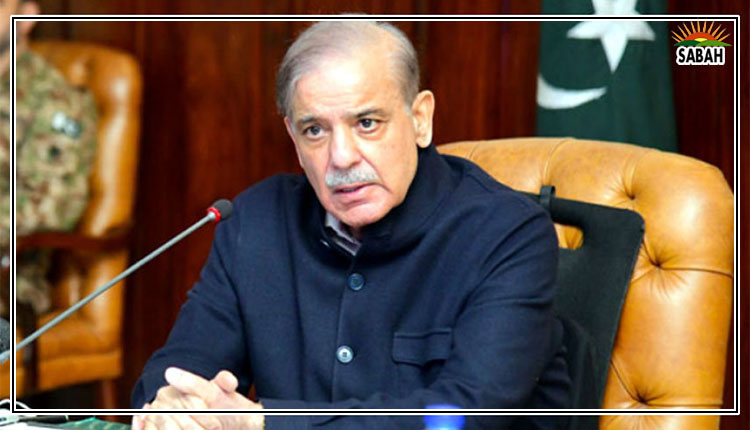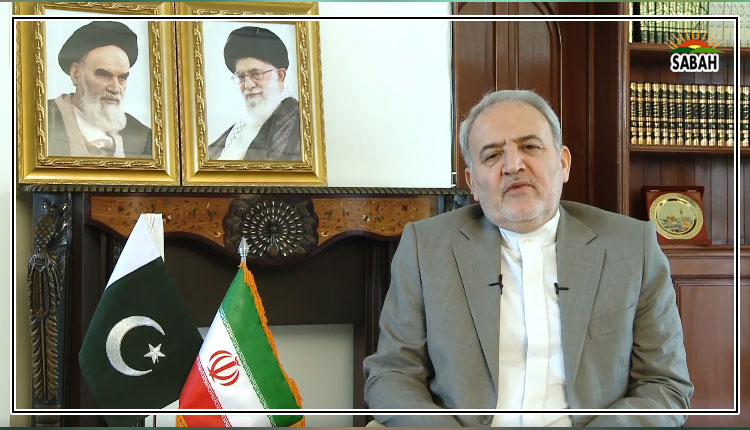Monkey business …. Muna Khan
THE only movie I wanted to watch on my trip to the US last month was Dev Patel’s Monkey Man. I was blown away by the trailer and was curious how he’d fare in his directorial debut; it took him a decade to make the film. I read that Netflix had bought the movie for $30 million but pulled out, leaving it homeless until filmmaker Jordan Peele saw it and convinced Universal to buy it for $9 million.
Netflix never gave a reason for its decision to withdraw and many observers were curious why it would choose to suffer such a loss until The Wrap reported that “people familiar with the film say its political undertones may have spooked the streamer.”
The film is set in India and I guess I don’t need to say more about what, or rather, who spooked the streamer.
Perhaps it’s the same group who were so outraged in February at a West Bengal zoo’s administration for naming a female lion Sita and her male companion Akbar that it went to court, which ordered the names changed. An official accused of naming them was suspended. The Vishwa Hindu Parishad, allies of Narendra Modi’s ruling party, said naming the lion after a goddess was blasphemous and protested against keeping the lions — cheekily called the “interfaith” couple in the press — in the same premises.
Filmmakers like Patel have stories to tell that will stun and disturb.
The lions were separated to reduce their chance of mating, because, it turns out, animals are susceptible to ‘love jihad’ too. As the PhD candidate and former journalist Pratiksha Menon told Al Jazeera, the outcry about Sita and Akbar shows the “very well-oiled Hindutva propaganda system which maintains itself through regular outrage.”
(Lest we get too excited about the level of intolerance sweeping India, let me remind you we’re not far behind with many contenders whose outrage can shut a city down fast. But I digress.)
I guess Netflix withdrew because it feared a similar outrage from the group that perpetually sees itself as being victimised.
It was against this background that my friends and I watched Monkey Man with an eager eye, curious which scene, or character, or dialogue may have spooked Netflix. Because we’re rational, it was hard to discern what would anger Bhakhts, so we made guesses.
The obvious reference to Hanuman (the monkey god) including Patel wearing a monkey mask topped the list as did lots of Hindu imagery in the movie; Sobhita Dhulipala playing a sex worker named Sita was likely problematic, and the depiction of politicians as evil and corrupt may well have been construed as an attack on Modi & co. Or something simpler: the film portrayed India in a negative light.
I don’t think anyone can say with conviction how this outraged crew would respond to art, but given they’ve attempted bans on Bollywood for portraying Hinduism in a negative light, we can safely assume they’ll be mad about Monkey Man. It still hasn’t been cleared for release in India. As Menon explained, “If any ideology or any group has to make a claim that it’s victimised, then it needs to, on a regular basis, come up with examples of how it’s being victimised.”
You can see it everywhere, the so-called victimised, demanding their voices be heard, all too often at the cost of people who risk death and destruction. Israelis and their supporters, for example, take up so much space. It’s infuriating.
Filmmakers like Patel, meanwhile, have stories to tell that will stun, disturb, and provoke dialogue as Monkey Man does. Who is the unnamed protagonist played by Patel in the movie avenging his mother’s violent murder by going after all the powerful elite responsible for it? That he remains nameless in the movie is a reminder of the inequalities in this world where those from a lower class are invisible to the powerful. His character embodies the lower, working class in India. You can’t ignore the political commentary even if at times I felt it lacked the punch I expected it to have.
The movie allowed me to imagine marginalised groups, forever exploited and beaten down, rising and ‘getting’ their abusers. One of them is a popular spiritual leader who endorses a candidate for the elections (taking place on Diwali in the film). While we in the audience know that this guru is a fraud, he is as elite as the corrupt politician, rich industrialist, etc, and the public is swayed by him. It will take Patel and his alliance of the underdogs, which includes an army of khwaja sira, to rise and defeat these evil men in violently gruesome scenes, but it will be a fight you want to get behind. Because you’re familiar with this sad story of corruption, deceit, unfulfilled promises; you live it every day and you want to imagine its end, as cinema allows you to.
The writer is an instructor of journalism.
X: @LedeingLady
Courtesy Dawn, May 5th, 2024












